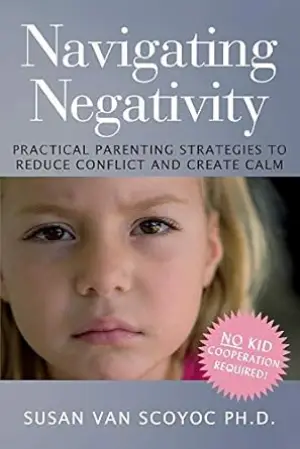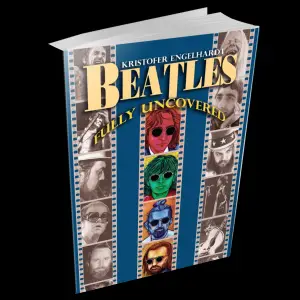Review: Witches of Dubious Origin by Zoe Gilbert
From the moment I stumbled upon Witches of Dubious Origin, I felt a familiar thrill—the kind of excitement that reminds me of those late-night conversations where secrets, myths, and truths intertwine. Zoe Gilbert, with her enchanting storytelling, had me captivated before I’d even turned the first page. With themes of heritage, identity, and the web of community, this book felt like a spell waiting to be unraveled. I couldn’t help but think: how do we define ourselves amidst the stories others tell about us?
Set against the backdrop of a quaint village, Witches of Dubious Origin introduces us to a cast of intriguing characters who navigate the murky waters of tradition and modernity. At the heart of the narrative is young Ethel, whose journey toward self-discovery is filled with layers of folklore that tug at the edges of reality. Gilbert’s ability to weave together the everyday and the magical feels like an ode to the complexities of female identity—fitting for a story steeped in the notion of witchcraft as both a power and a burden. I found Ethel’s struggles relatable, as she grapples with generational weight and the expectations placed upon her. Her story made me reflect on my own family’s narratives and the legacies we inherit that shape who we become.
Gilbert’s writing style is lush and evocative, full of vivid imagery that immerses you in the village’s atmosphere. The pacing dances gracefully between moments of tension and calm, allowing you to savor the beautifully constructed sentences. For instance, when Ethel first discovers the hidden secrets of her lineage, the prose takes on a poetic quality that feels almost hypnotic. There’s a line that stuck with me: “Witchcraft is not just the art of making; it is the art of seeing.” This sentiment beautifully encapsulates the essence of the novel: it’s not merely about the powers bestowed upon the characters but about the understanding they gain through their experiences.
One highlight is Gilbert’s ability to create secondary characters who are as fleshed out as the protagonist. Each villager, brimming with quirks and conflicts, plays a vital role in shaping Ethel’s journey. The narrative’s intricate exploration of female friendships and rivalries felt particularly poignant, reminding me that while our origins may be questionable, our bonds can be transformative.
As I reflected on the deeper themes of the novel, including self-empowerment and the clash between tradition and personal agency, I felt a sense of nostalgia wash over me. It reminded me of tales shared by my grandmother, stories that ebbed and flowed with wisdom but often veiled profound truths.
I believe Witches of Dubious Origin will resonate with readers who appreciate magical realism and those intrigued by the complexities of womanhood. If you’ve ever found yourself pondering your place within your own family lore or the weight of societal expectations, this book will invite you to explore those feelings further.
In conclusion, Zoe Gilbert crafts a tale that invites introspection, making each reader question not just the origins of their own stories, but the power they hold in retelling them. My experience with this enchanting narrative has left me with a renewed appreciation for the magic that exists in our everyday lives and the way our histories shape our identities. Dive into this book; you may just find a little bit of magic lurking in your own story.
Discover more about Witches of Dubious Origin on GoodReads >>






